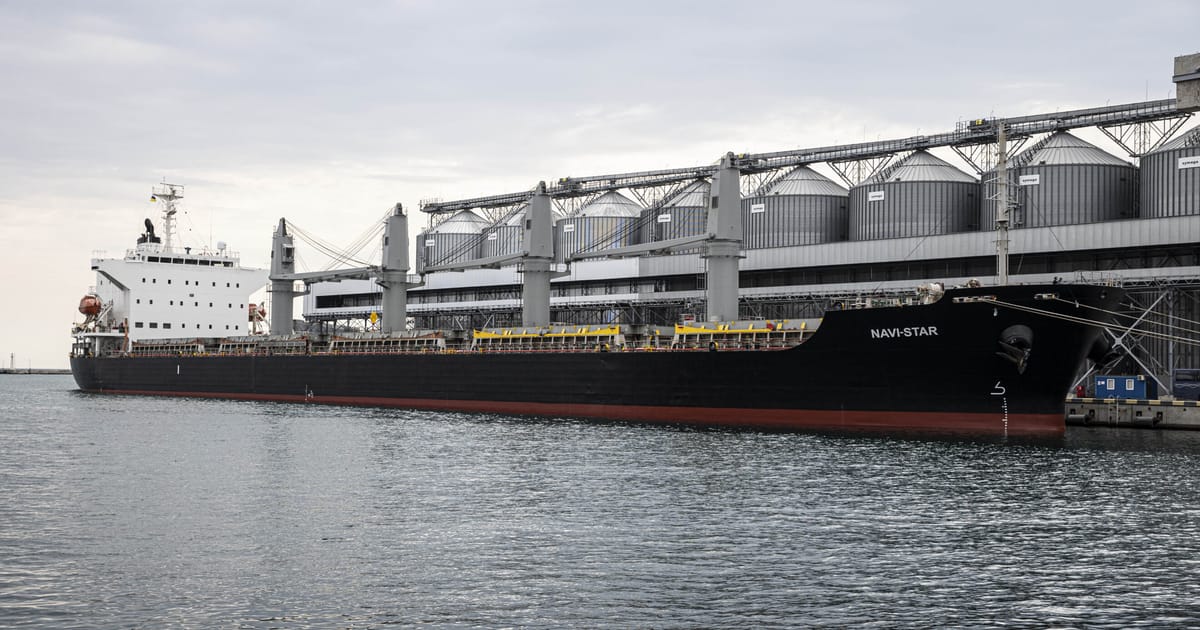“The Commission is currently working on the review of the [DCFTA], with a view to offering longer-term predictability and stability to EU and Ukrainian operators, including in the perspective of the accession of Ukraine to the EU,” the spokesperson added.
Political games
Natalukha was particularly blunt about the political roots of the rollback, saying Ukraine had become a “convenient tool” in domestic EU debates, especially in countries like Poland and France, where farmers’ protests have rattled governments.
“Ukraine has been weaponized like migration or LGBT rights,” he said. “You throw it into a campaign to divide voters.”
The lawmaker, from President Volodymyr Zelenskyy’s Servant of the People party, dismissed claims that Ukraine was flooding the EU with cheap, low-quality products or flouting standards. At the same time, he said, Ukrainian producers are struggling to compete with EU imports, particularly from Poland, but Kyiv has avoided retaliation.
“Our cheese and dairy producers are having a hard time with Polish imports,” he said. “But we don’t block anything. We follow the rules.”
He also pushed back against claims that Ukraine’s trade system is dominated by shadowy agribusiness oligarchs. “Look at the numbers,” he said. “Agriculture brings real money to the state budget. This isn’t about a few men profiting — it’s how the country stays afloat.”
